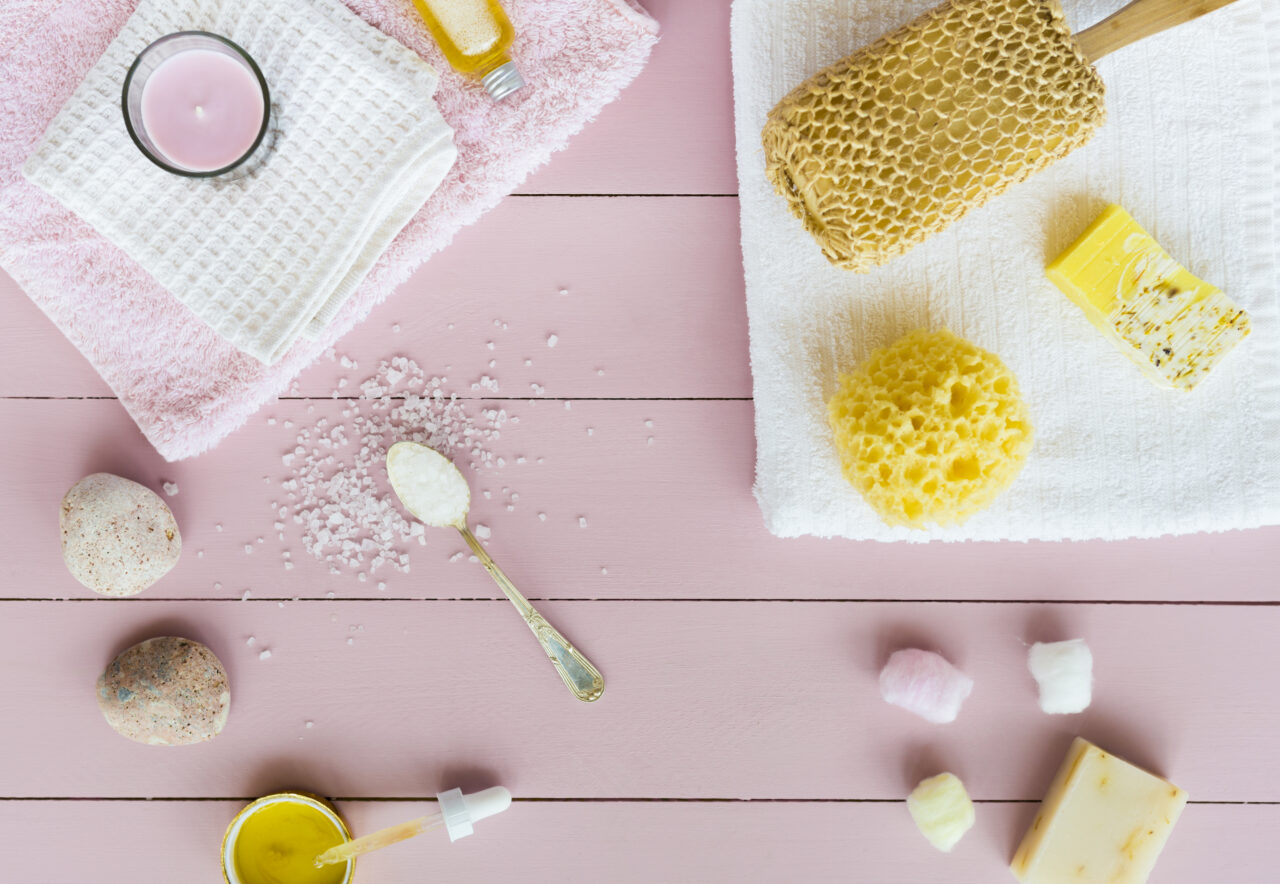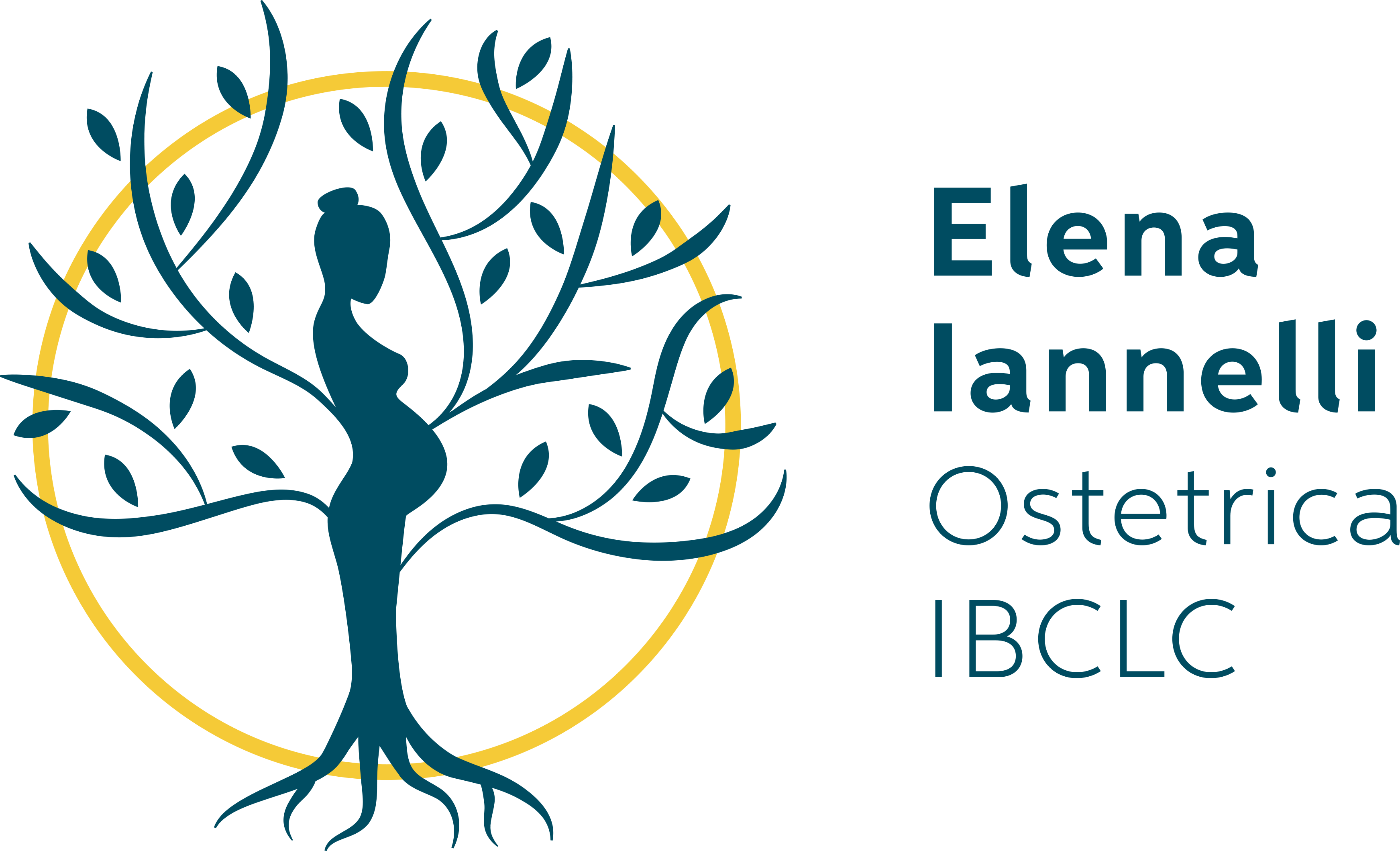Newborn skin care products: What to choose

When it comes to caring for a newborn baby, choosing the right skin products is crucial, especially during the warmer months.
While it is true that babies’ skin is very delicate, it is also wise not to fall into the temptation of buying expensive products on the market that are sold as “specific for babies”. Advertisements often lead us to believe that we should moisturise our baby’s skin, that we should use an intimate soap, a specific shampoo or a moisturising cream. It may sound strange to you, but the less products one uses the better. Babies’ skin is perfectly capable of producing substances for its protection and hydration.
With a wide range of options available on the market, how do you know which ones are best for your baby? Here are some tips to help you navigate the world of baby products and make informed choices.
Natural or commercial products?
Choosing the right products is essential to prevent irritation and keep the skin soft. In the very first days after giving birth, babies’ skin can appear drier, especially on the ankles/feet and wrists. This phenomenon will tend to disappear after a few days, but if it is necessary to moisturise those areas, it is always best to know which products to use.
- Natural products: Often free of harsh chemicals, they are ideal for young children’s skin. Ingredients such as calendula and sweet almond oil are great for moisturising and protecting. Sweet almond oil is an excellent natural option for moisturising baby skin without clogging pores. Calendula creams, which have soothing properties, are perfect for treating and preventing redness and irritation, especially in areas prone to rubbing, such as the nappy area.
- Commercial products: Many brands offer specific baby lines, formulated to be hypoallergenic and safe. However, it is always important to read labels and choose products without parabens, foaming substances and artificial fragrances. The list of ingredients (the INCI) indicates the amount of substances used in descending order.
Unless there are special situations, where it is always best to consult a paediatrician or midwife, always try to choose products that are as natural as possible.
Products for intimate hygiene
The use of wet wipes, as well as specific soaps, is now widespread. Not to mention the high cost, keep in mind that frequent use of these products can lead to skin irritation, weakening the skin’s ability to protect itself. Try to limit the use of wipes when you are away from home.
When you are at home, you can wash your baby simply with lukewarm water. Initially, it can be helpful to bring a small bowl of lukewarm water to the changing table and use cotton (such as cotton pads or squares) to clean intimate areas. When you or your partner feel more secure holding the baby, you can do this directly at the sink. Once washed, use a cotton cloth to dry well.
Constant contact with the nappy can easily irritate the skin. Change the nappy often and use a protective cream with calendula or zinc oxide, which can help prevent redness.
In the warmer months this is even more important. Some babies can develop more severe reactions to constant contact with the materials of classic baby nappies. The heat and humidity can cause irritation or nappy rash. When you are at home, try as much as possible to leave him/her uncovered, putting an absorbent pad underneath to avoid any ‘accidents’! Alternatively, you can consider using a cotton cloth as a first layer between the skin and the nappy or use washable nappies made of natural fabric such as organic cotton, which can be a good option for sensitive skin. Always use a natural protective cream.
If you want to read more tips on babies and the summer heat, click here: https://www.elenaiannelli.it/en/newborns-and-summer/
Bath products
Bathing babies is mainly for relaxation and, during the summer, it also becomes a time to refresh them. In fact, the newborn baby is not ‘dirty’ (we are talking about newborns of course and not babies who are already crawling).
The first bath is usually a very exciting time and often it is not clear where to start or which products to use. For timing, it is recommended to wait until the umbilical stump falls out: wetting it could delay the mummification process and increase the chances of developing an infection. Generally, there is no need to clean the umbilical cord or disinfect it; just keep it dry and clean and possibly out of the nappy. If you have any questions or doubts about possible infections, ask a midwife or paediatrician for advice immediately.
Without buying expensive special tubs, a small basin will be sufficient for the first few months to help the little ones feel more cosy and thus safer. The choice of which products to use can also be difficult given the huge variety sold in pharmacies, baby shops or supermarkets. Babies have absolutely no need of shampoo, bubble bath or anything else. Simply put a little rice starch in lukewarm water to cleanse and refresh; in addition, rice starch also has soothing and calming properties that can help in case of skin redness. After the first few months, or when the baby starts crawling, gentle cleansers can be used, which are also good for the hair, always checking the INCI.
The solution is in the simplicity of things
Taking care of a newborn baby’s skin is crucial for its well-being, even more so during the summer. Especially in the very first months it is not absolutely necessary to buy expensive baby products; precisely because of the characteristics of their skin, the fewer products you use the more you protect it. Opt for natural products with as few ingredients as possible. With a few simple precautions, you can protect your baby’s delicate skin and ensure its comfort even on the hottest days.

